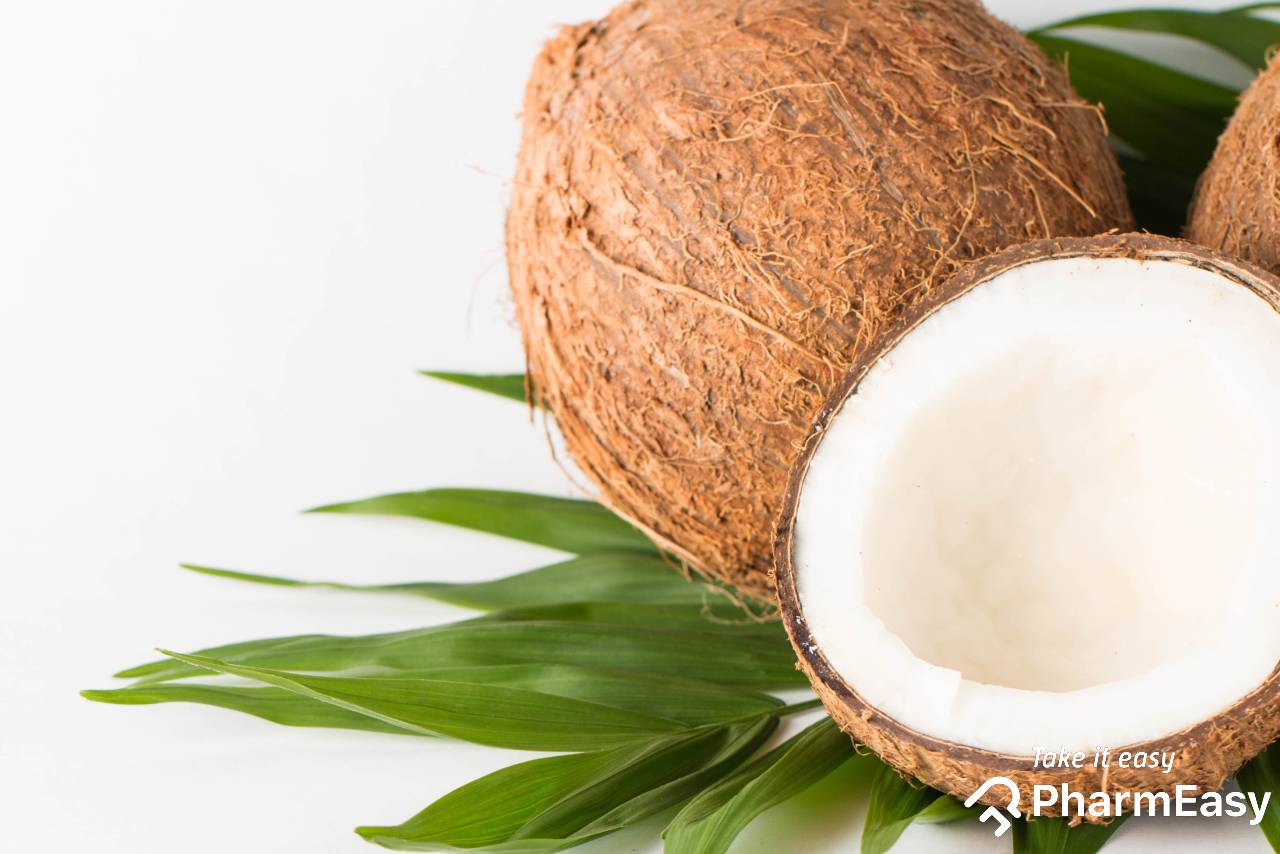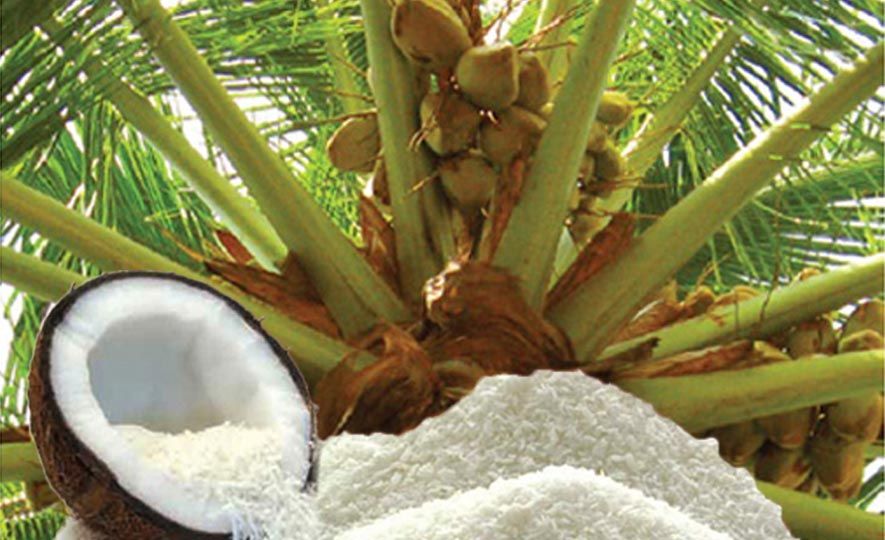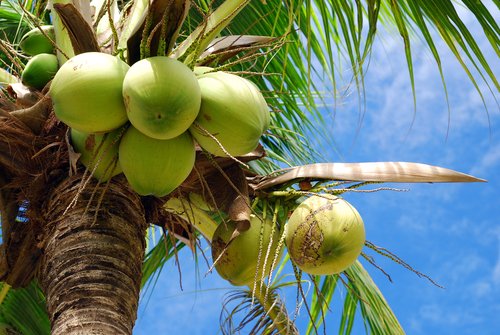The coconut tree (Cocos nucifera) is a tropical tree that is widely cultivated for its many uses and benefits. Native to the coastal regions of Southeast Asia, the coconut tree is now grown in many tropical and subtropical areas around the world.
One of the most well-known uses of the coconut tree is for its fruit, the coconut. The coconut is a versatile food that can be eaten raw, used in cooking and baking, or processed into various products such as coconut milk, coconut oil, and coconut flour. The coconut is rich in nutrients and has been linked to a number of health benefits, including improving heart health, aiding in weight loss, and providing a boost to the immune system.
In addition to its fruit, the coconut tree also has a number of other uses. The trunk of the tree is strong and durable, and is often used in construction and furniture making. The leaves of the tree can be woven into baskets, mats, and other household items. The tree's flowers produce a sweet nectar that can be turned into coconut sugar or coconut syrup.
The coconut tree is also an important source of oil. Coconut oil is used in a wide range of products, including personal care products, cooking oils, and industrial products. It is known for its ability to moisturize and nourish the skin, and has been used for centuries as a natural remedy for a variety of health conditions.
In addition to its practical uses, the coconut tree also has cultural and spiritual significance in many parts of the world. In Hindu tradition, the coconut is considered a symbol of good luck and is often used in rituals and ceremonies. In some cultures, the coconut is believed to have medicinal properties and is used to treat a variety of ailments.
Overall, the coconut tree is a valuable resource that has a wide range of uses and benefits. From its delicious fruit to its strong trunk and versatile oil, the coconut tree has played an important role in the lives of people in tropical regions for centuries.







